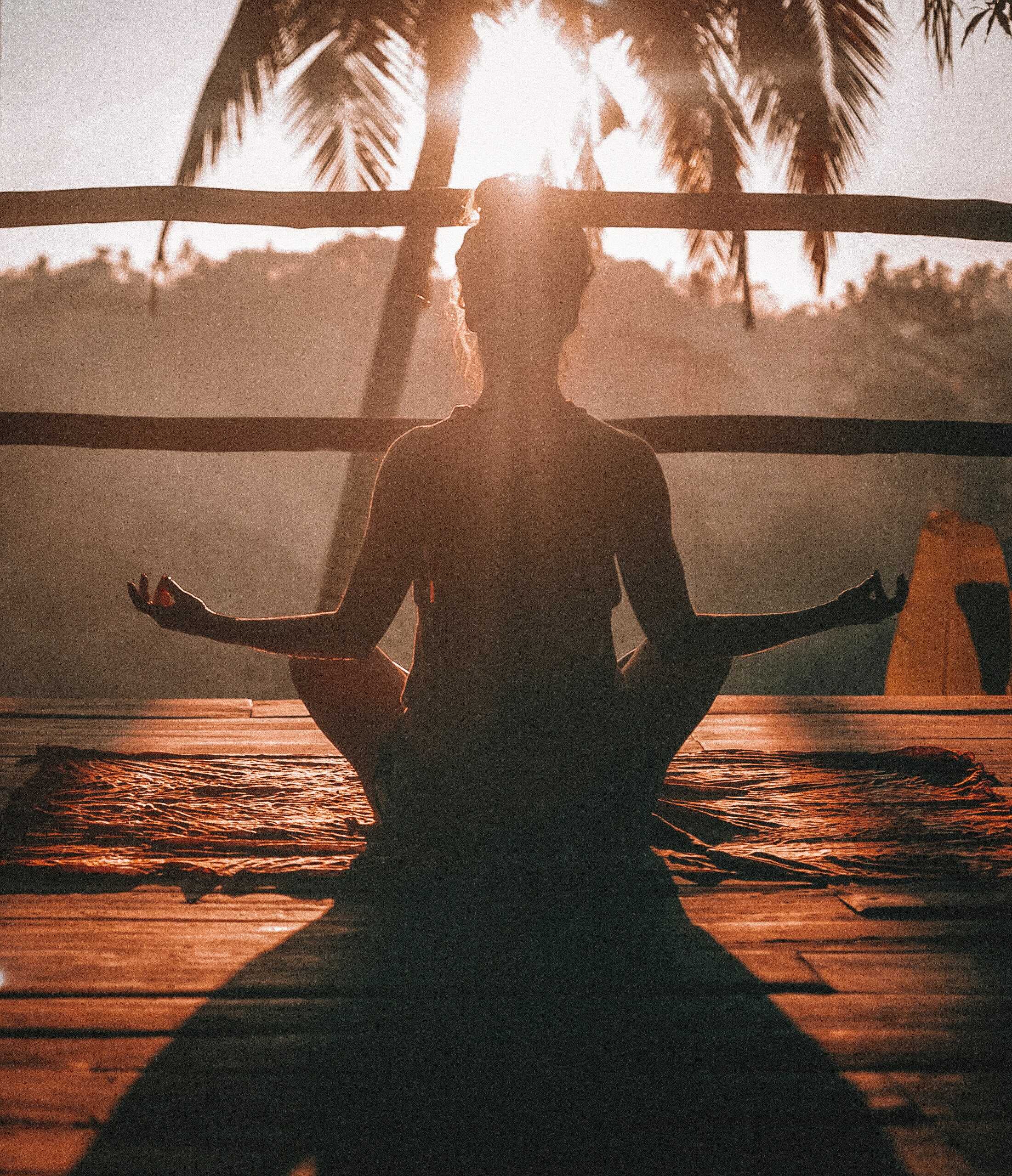Self-Care for Introverts: How to Recharge and Reconnect
Self-care is important for everyone, but it’s especially important for introverts. As an introvert, you need time alone to recharge and restore your energy. However, self-care is often neglected or overlooked because it’s seen as selfish or indulgent. In reality, taking care of yourself is essential for your mental, emotional, and physical well-being. In this blog post, we’ll explore some self-care strategies that are perfect for introverts.
- Take a Break
One of the simplest ways to practice self-care is to take a break. This could mean taking a nap, going for a walk, or simply sitting in silence for a few minutes. When you take a break, you’re giving yourself permission to slow down and relax. You’re also creating space for your mind to rest and recharge.
- Set Boundaries
As an introvert, you may struggle with setting boundaries. You may feel guilty saying no to social invitations or setting limits with friends and family. However, setting boundaries is crucial for your well-being. It’s okay to say no to things that don’t serve you or drain your energy. It’s also okay to take time for yourself and prioritize your needs.
- Practice Mindfulness
Mindfulness is the practice of being present in the moment and paying attention to your thoughts, feelings, and sensations. It’s a powerful tool for reducing stress and anxiety and increasing self-awareness. As an introvert, you may be more introspective and self-aware than extroverts, but practicing mindfulness can help you deepen your self-awareness and connect more deeply with yourself.
- Engage in Creative Activities
Creative activities, such as painting, drawing, writing, or playing music, can be therapeutic and restorative. These activities allow you to express yourself and tap into your inner creativity. As an introvert, you may have a rich inner world that you don’t often share with others. Engaging in creative activities can help you access and express this inner world.
- Spend Time in Nature
Nature has a calming and restorative effect on the mind and body. As an introvert, you may feel a deep connection to nature and find solace in its quiet beauty. Spending time in nature can help you recharge and reconnect with yourself. You could go for a hike, take a walk in the park, or simply sit outside and soak up the sun.
- Connect with Like-Minded People
As an introvert, you may find it challenging to connect with others. However, connecting with like-minded people can be a powerful way to recharge and restore your energy. You could join a book club, attend a workshop, or find a support group for introverts. These communities can offer a safe and supportive space where you can be yourself and connect with others who understand and appreciate your introverted nature.
- Learn to Say No
Learning to say no is an essential part of self-care. Saying no doesn’t mean you’re being rude or selfish. It simply means you’re prioritizing your needs and setting boundaries. As an introvert, you may feel pressure to say yes to social invitations or work projects. However, saying no can help you conserve your energy and prevent burnout.
- Rest and Relaxation
Rest and relaxation are essential for self-care. As an introvert, you may need more downtime than extroverts to recharge and renew your energy. You could take a relaxing bath, meditate, or simply lie down and read a book. Whatever form it takes, make sure to prioritize rest and relaxation in your self-care routine.
- Listen to Your Body
Finally, the most important aspect of self-care is listening to your body. Your body is an excellent indicator of what it needs, whether it’s rest, food, water, or movement. As an introvert, you may be more in tune with your body’s signals than extroverts. Listen to these signals and honor them by giving your body what it needs.
In conclusion, self-care is essential for introverts to recharge and reconnect with themselves. By taking breaks, setting boundaries, practicing mindfulness, engaging in creative activities, spending time in nature, connecting with like-minded people, learning to say no, practicing gratitude, prioritizing rest and relaxation, and listening to your body, you can build a self-care routine that supports your well-being. Remember that self-care is not selfish or indulgent—it’s a necessary part of living a healthy and fulfilling life.













